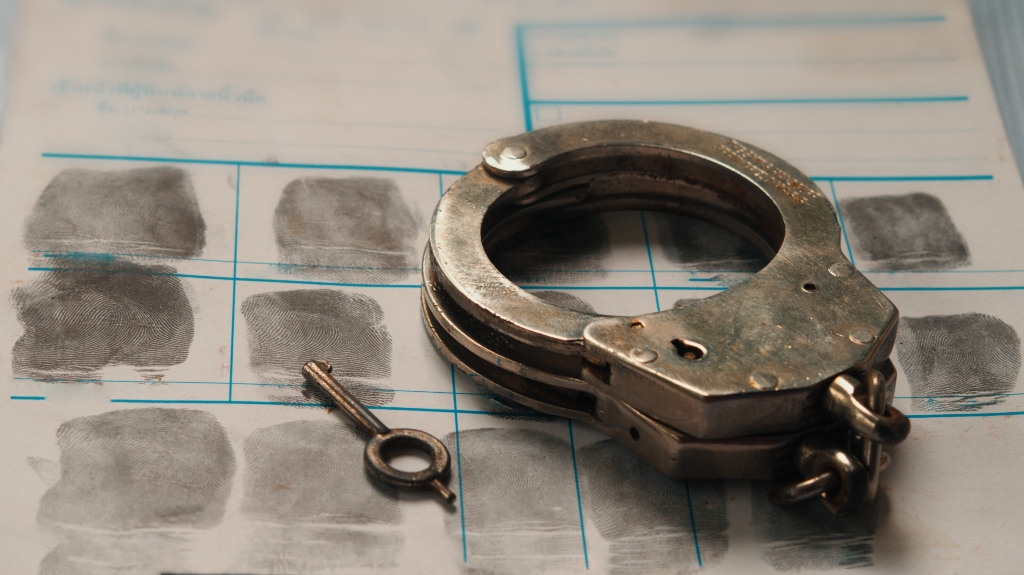What is Considered a Criminal Offense in Illinois?
The Illinois legal system operates under both state and federal laws, with criminal offenses categorized and prosecuted according to state statutes. It is important for Illinois citizens to be aware of what actions can result in a criminal offense, so they can avoid the legal consequences associated with them. In this blog, we will go over the different types of criminal offenses under Illinois law, how they are classified, and the potential consequences associated with them.
Categories of Criminal Offenses
Felonies
- Under Illinois law, a felony is a crime that is punishable by imprisonment for over a year, substantial fines, or both. These are the crimes that carry the most severe punishments.
- Examples of felony crimes: taking a life, unlawful taking of property by force, and non-consensual acts of a sexual nature.
Classifications of Felonies:
- Class X: Most severe, with long-term incarceration, possibly life imprisonment.
- Class 1: Significant prison time, often 4-15 years.
- Class 2: Moderate prison sentences, usually 3-7 years.
- Class 3: Lesser sentences, such as 2-5 years.
- Class 4: Shortest prison terms within felony classifications, typically 1-3 years.
Misdemeanors
- In Illinois, a misdemeanor is a less serious crime than a felony, but it can still result in jail time up to a year or fines.
- Examples of misdemeanor crimes: driving under the influence, minor thefts, and basic physical confrontations.
Classifications of Misdemeanors:
- Class A: Most serious, potentially leading to a year in jail.
- Class B: Mid-level severity with shorter jail sentences.
- Class C: Least severe, often resulting in minimal jail time or fines.
Infractions/Petty Offenses
- Infractions/petty offenses are considered minor violations or low-level offenses that are usually addressed with fines rather than incarceration.
- Examples of infractions/petty offenses include: traffic violations or public intoxication
Legal Consequences of Criminal Offenses in Illinois
Criminal offenses in Illinois carry a range of consequences that can impact various aspects of a person’s life, both immediately and in the long term.
Penalties for Criminal Offenses: The penalties for criminal offenses depend on the severity of the crime. Minor offenses may result in fines, while more serious crimes can lead to imprisonment, as shown above in our classifications section. Fines can range from small amounts for infractions to significant sums for felony convictions. Imprisonment can involve short-term stays in local jails or long-term sentences in state prisons. In some cases, instead of serving time behind bars, individuals may be placed on probation, where they must follow specific conditions set by the court.
Long-Term Consequences: A criminal conviction can also have long-lasting effects on a person’s life. Employment opportunities can be affected, as many employers don’t want to hire individuals with a criminal record. Housing is another area where a conviction can cause issues. Landlords may refuse to rent to someone with a criminal history, making it harder to find a place to live. Additionally, certain civil rights, such as the right to vote or own firearms, may be restricted or completely taken away, depending on the nature of the crime.
Seek Help From a Criminal Law Attorney
Whether you have been charged with a felony, misdemeanor, or an infraction, they still are serious criminal charges that can have everlasting consequences. If you are facing any criminal charges in Illinois, it is important to seek legal assistance immediately. The sooner you have an expert defense attorney on your side, the better your chances of achieving a favorable outcome. At Liberty Law, P.C., we are dedicated to providing expert legal defense to help you navigate the complex criminal justice system and protect your future. Contact us today for a consultation and take the first step towards safeguarding your rights and securing a brighter future.

